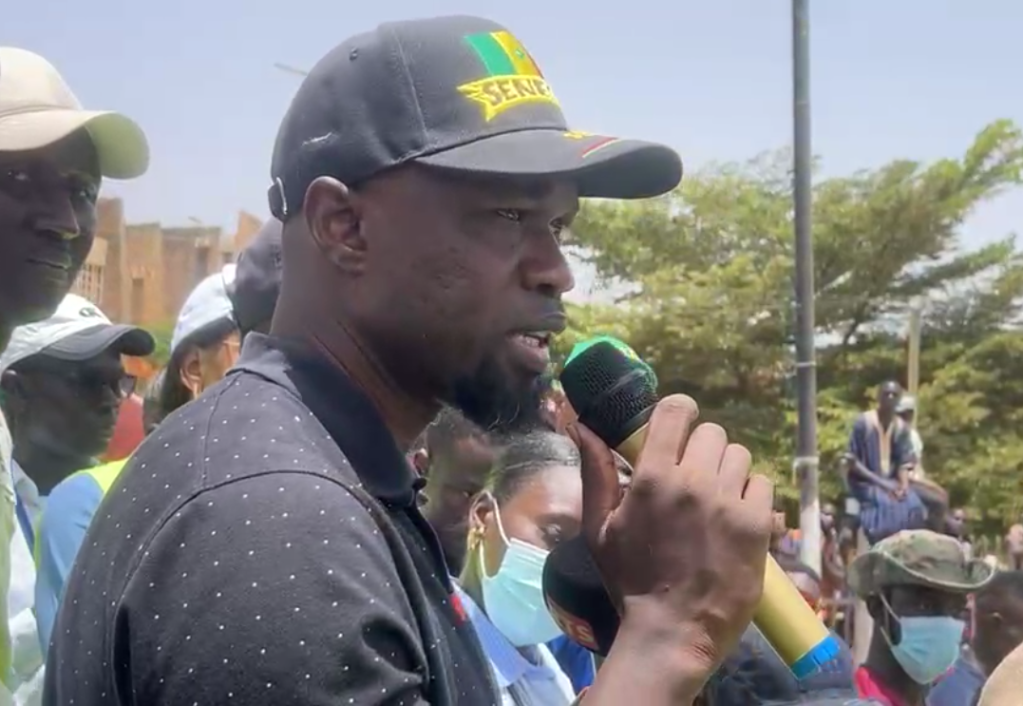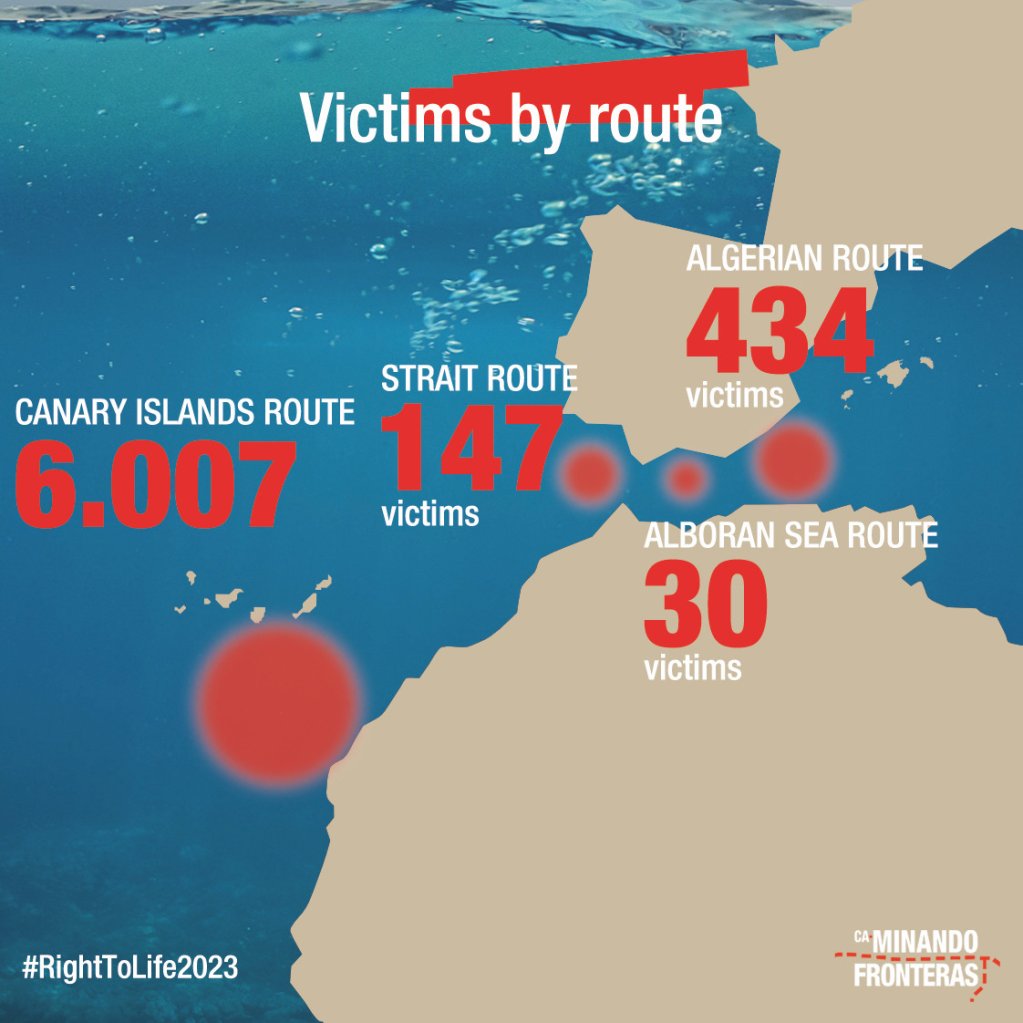Senegal's prime minister has called on young people not to risk the Atlantic crossing to Europe. His appeal came days after at least 89 people died when their boat capsized off Mauritania as they tried to reach the Canary Islands.
Addressing a crowd of young people at a university on Saturday, Prime Minister Ousmane Sonko issued a plea against taking the journey by boat to the Canary Islands.
The prime minister's speech followed the announcement last week that authorities in Mauritania – which borders Senegal to the north – had recovered the bodies of 89 people off the coast on Monday (July 1).
The migrants were in a wooden boat that capsized en route to the Canary Islands. Nine people were rescued from the boat which had departed from Senegal’s border with Gambia with 170 people on board.
"Yet another shipwreck occurred off our coast, and while we await the exact figures, it is thought to have cost the lives of many young people," Sonko said during the speech at Gaston Berger University, his own alma mater in the northern city of Saint-Louis.
"It's a shame, it's deplorable. I'd like to make another appeal to young people: your solution does not lie in dugout canoes," he told the crowd.

"I can assure you that the countries that some young people want to join are themselves in crisis or at the beginning of a crisis," the prime minister warned his young listeners.
"The future of the world lies in Africa, and you young people need to be aware of this. The only continent that still has room for progress and significant growth is Africa."
Arrivals spark protests in Canary Islands
The Canary Islands are the southernmost point of the European Union and around 100 kilometers from the African coast at the closest point.
The number of African migrants crossing the Atlantic to the archipelago has continued to rise in recent years due to the increased vigilance of authorities in the Mediterranean Sea, the other major irregular migration route to Europe.
Spanish government figures show that 39,910 migrants reached the Canary Islands by boat from West Africa last year. More than 19,000 arrivals have already been recorded in the first six months of 2024.

The growing number of arrivals from Africa has sparked public protests in the Canary Islands. In cities including Las Palmas and Santa Cruz de Tenerife, demonstrations were joined by several hundred people on Saturday (July 6), some holding signs saying "Let’s defend our neighborhoods" and "Stop illegal immigration."
Along with an increase in arrivals, the number of deaths of migrants on the route continues to grow.
Last year, nearly 1,000 died while attempting to reach the archipelago, according to the UN migration agency, IOM. The Spanish NGO Caminando Fronteras, which collects data from sources including rescue services, family networks and human rights groups, puts the number of deaths on the Canary Islands route in 2023 much higher, at over 6,000.

Senegal under pressure
The sharp increase in migrant journeys to the Canary Islands in 2023 was driven mainly by young people, many under the age of 18, departing directly from Senegal, according to Frontex and Spanish authorities.
Migration was a major topic in Senegal’s presidential election in March, with many hoping that improvements in the economy would help to stem the exodus of youth from the country.
Read more: Spain spends millions to tackle Canary Islands migration flow
The government introduced a migration action plan in July last year, tightening border controls and cracking down on smuggling networks. The Global Detention Project, a research group on immigration detention based in Geneva reports that since then, thousands of migrants have been intercepted and returned to Senegal.
Last month alone, the navy intercepted 470 people. On Thursday, July 4, another 74 migrants, including 20 children, were intercepted off the coast of Yenne, near Dakar, and "handed over to the competent authorities," according to a post on X by the Senegalese Navy.
Read more: Senegalese navy stops hundreds of migrants in month of May
NGOs demand opportunities for youth
Human rights groups have condemned such measures which they say "criminalize" migration.
They warn that EU migration policies and support for surveillance of Senegal’s coastline and internal borders push migrants to undertake more dangerous routes, leading to more deaths and disappearances, while failing to reduce the number of arrivals to Europe.
Following last week’s shipwreck, three NGOs called on the government to offer young people in Senegal better opportunities in order to prevent departures to Europe, RFI reported on July 6.
In the statement, Adama Mbengue, from the group Action for Human Rights and Friendship, said policies put in place by Senegal and its European partners had been ineffective.
"We have endemic unemployment and we have a desert of opportunities for young people."
With AFP
